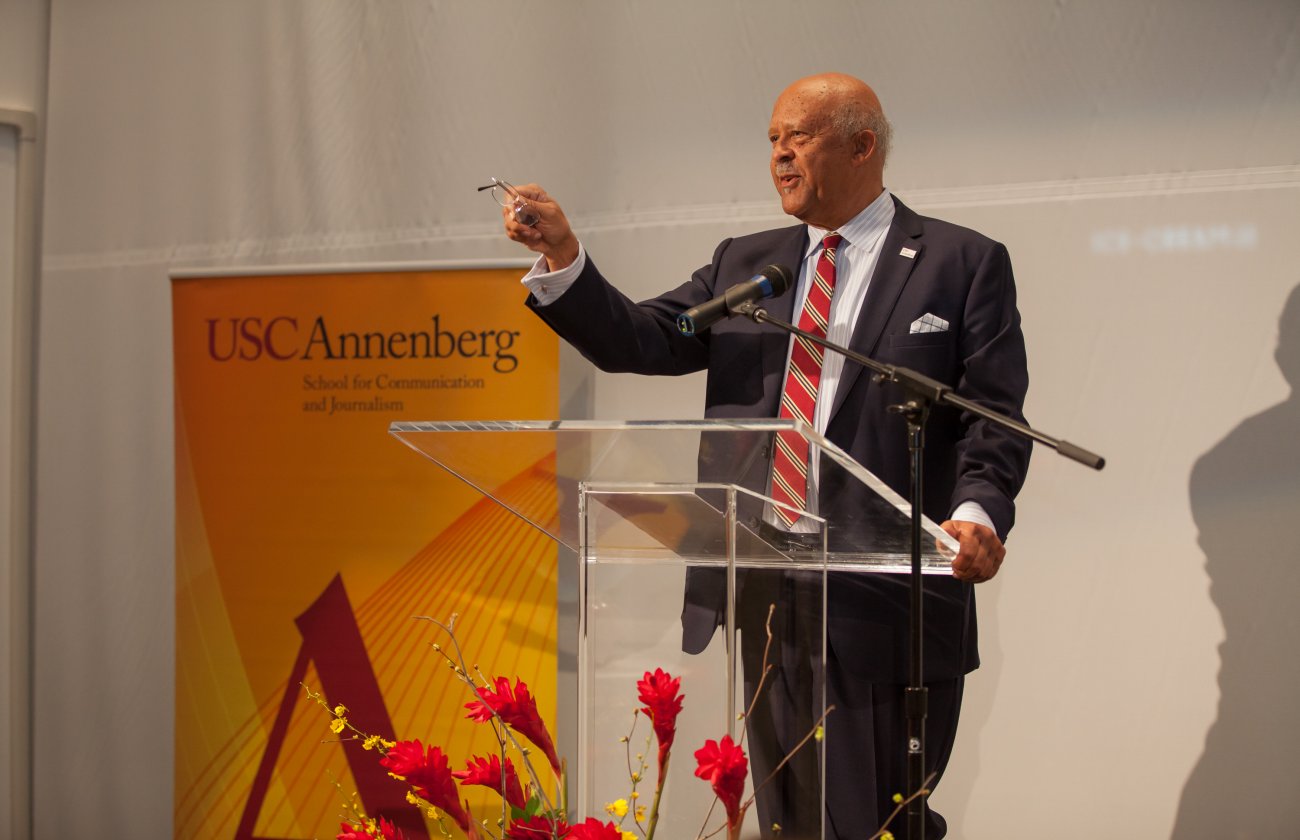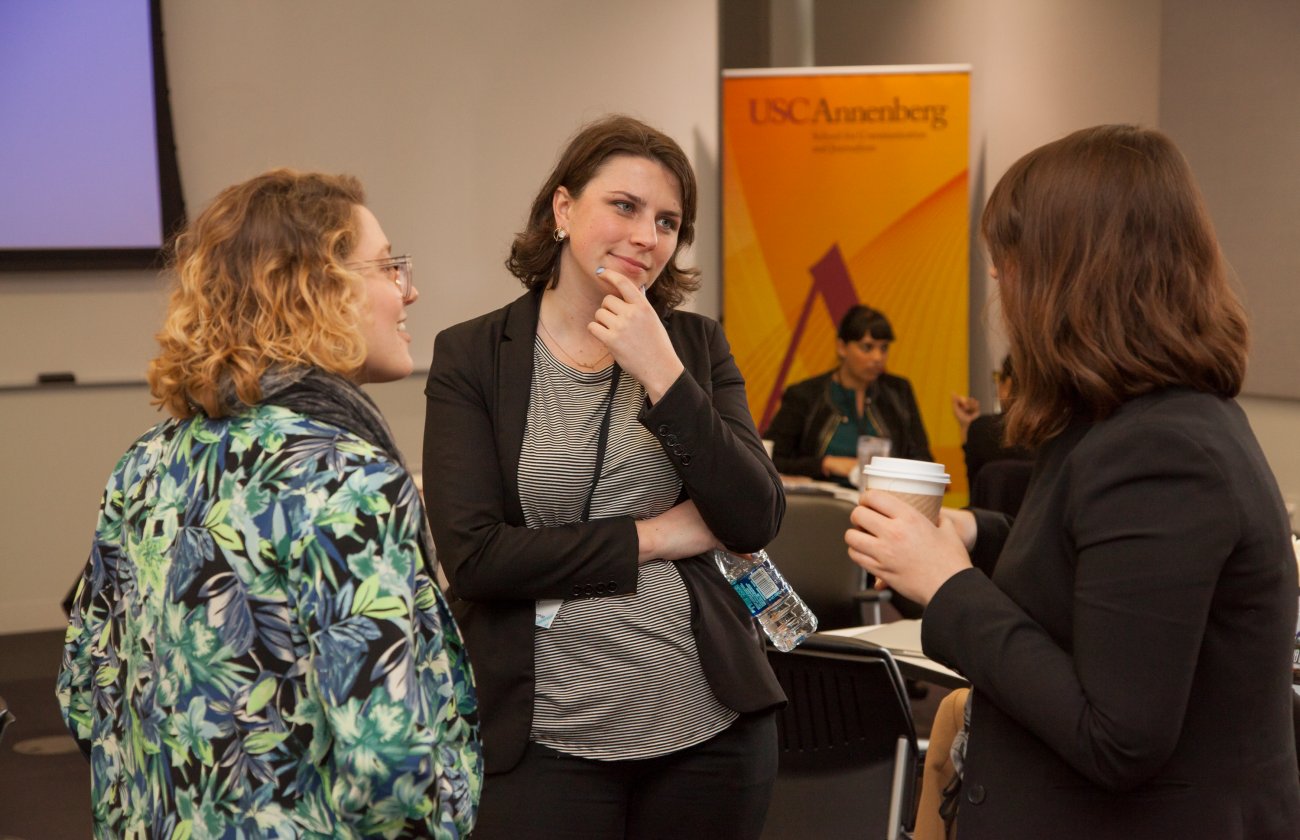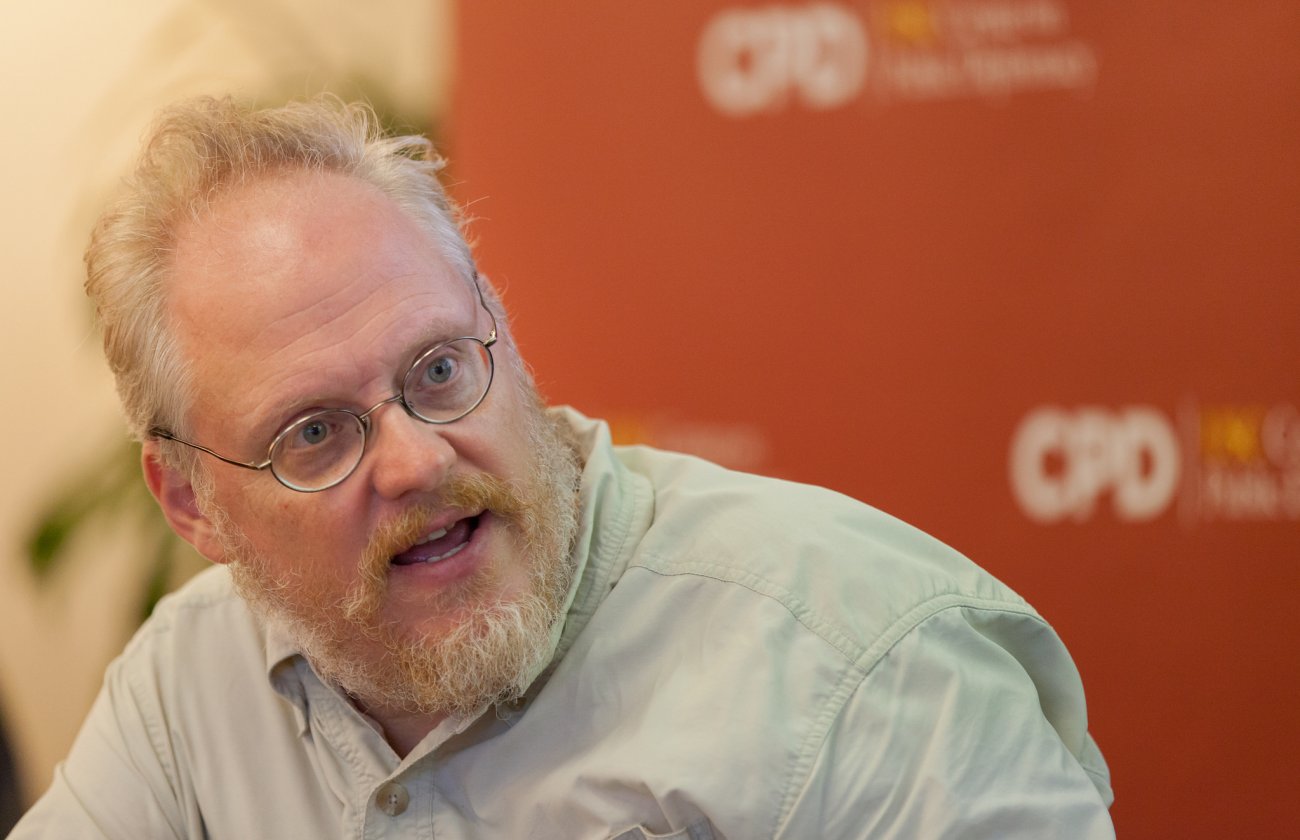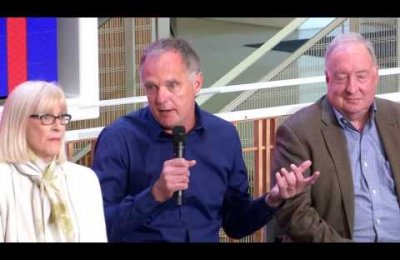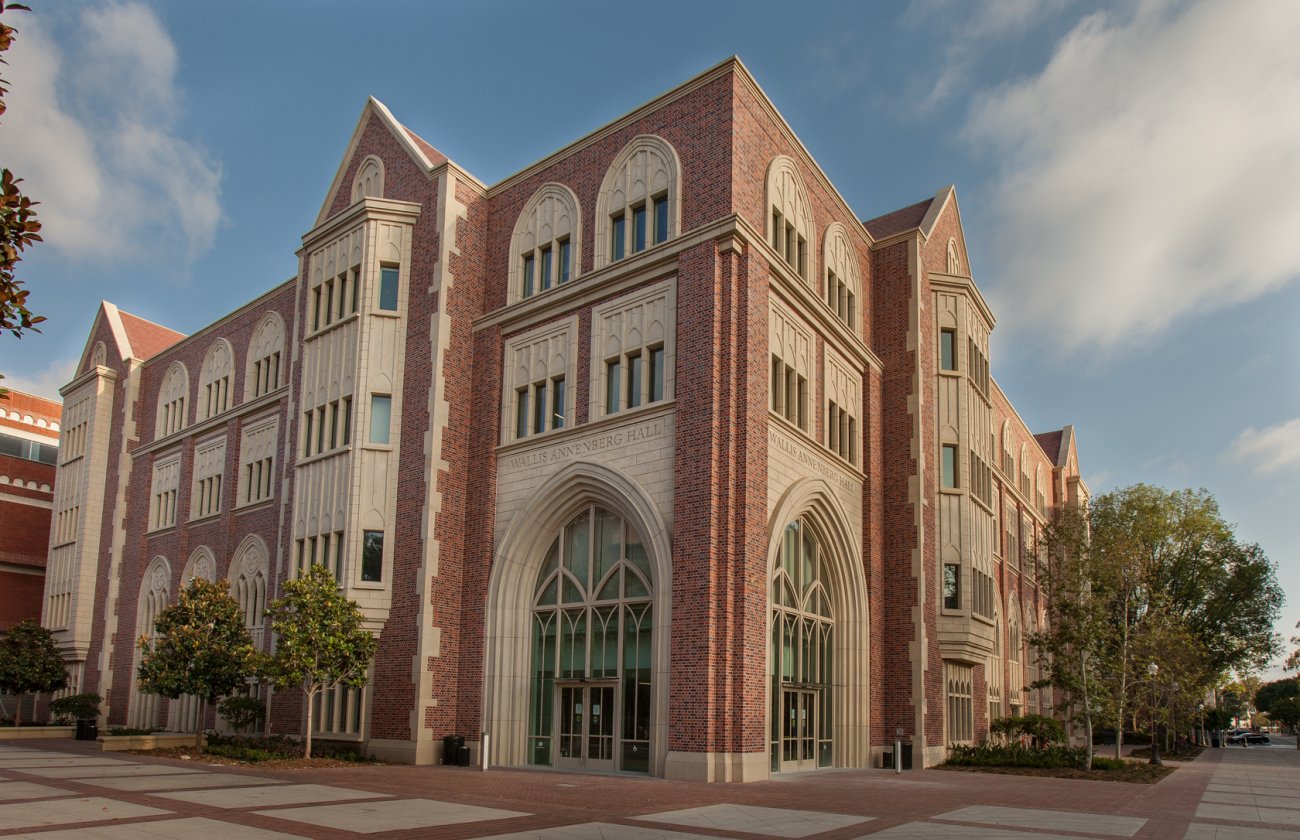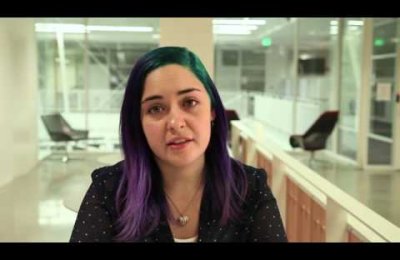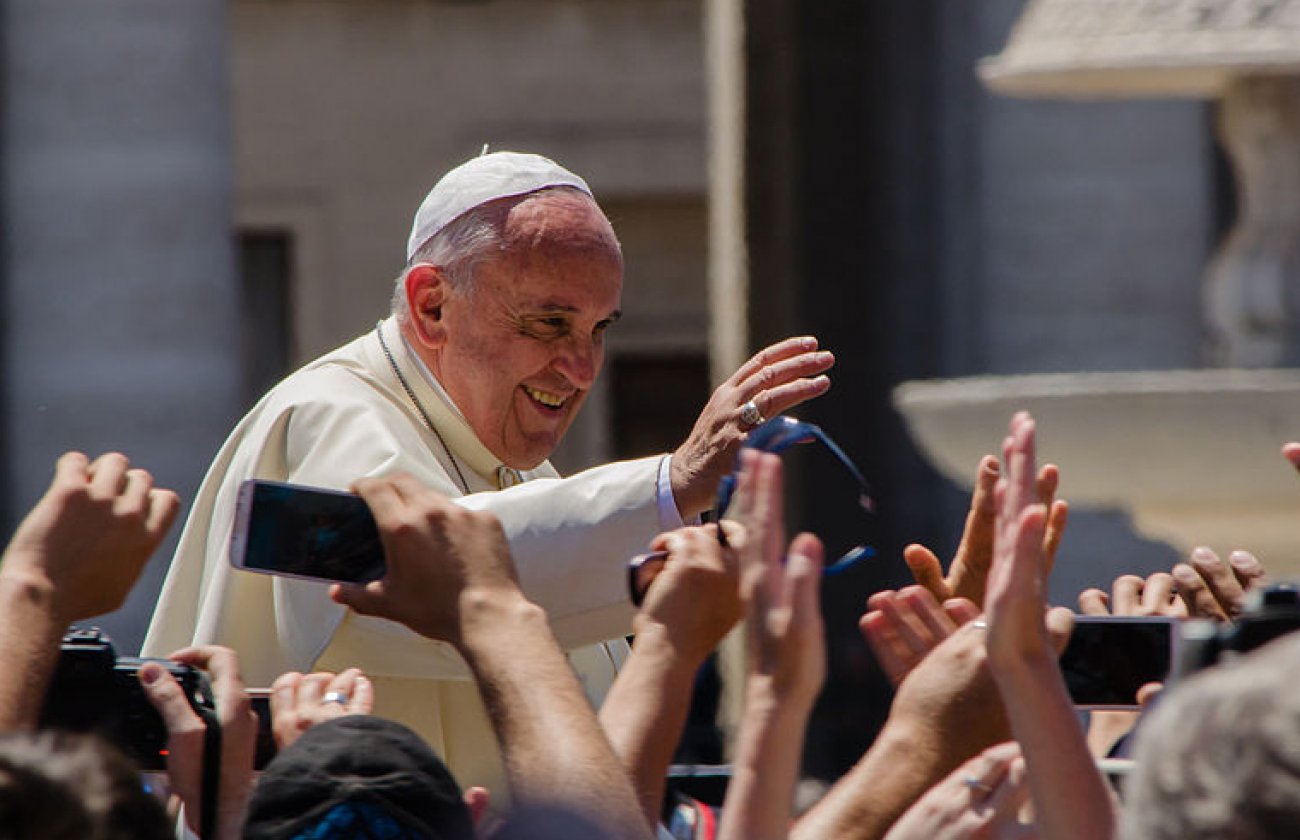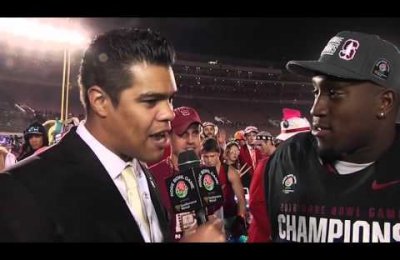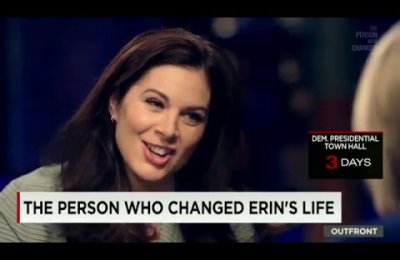By Jeremy Rosenberg
Ed. Note: With the National Basketball Association’s frenetic free agency period in full thrall, our ongoing series of Q-and-A’s with USC Annenberg faculty and adjuncts continues today with Jeff C. Fellenzer, senior lecturer, Sports, Business, Media.
[Read previous Q-and-A’s here about the Supreme Court and marriage equality and here about Clark Kent, Lois Lane and journalism .]
Rosenberg: In a moment, we’ll get to Dwight Howard leaving our hometown Los Angeles Lakers. But first, let me run something else by you. As I follow the supposed twists and turns of the free agency cycle, it seems to me that the true stars of this stretch aren't Howard and Josh Smith and Andre Iguadala and their sporting ilk, but instead, the media. This includes media members such as Yahoo! Sports' Adrian Wojnarowski — or USA Today's Sam Amick or Marc Stein and Ramona Shelburne from ESPN — and this includes media platforms such as Twitter. Am I right, wrong or somewhere in-between?

Rosenberg: Didn't baseball once 'own' the period before, during and after Independence Day? Has the NBA successfully manufactured a soap opera — or really, a mini-series — to push interest in the league during an otherwise slow period? If so, then is it in the media's interest to play along?
Fellenzer: Baseball doesn't have a monopoly during any part of its season anymore. Too much competition. No one does it better than the NFL, which is the most popular sports league in America by far. Again, the competition among the omnipresent media outlets to break stories fuels the coverage; it's not the leagues themselves. Think about it: The NBA, NFL and Major League Baseball all have their own networks, and they need content. All the time. Hence the over-coverage of the draft, free agency, combines, mini-camps, all-star games and rookie workouts, as the league networks, cable networks and myriad Web sites scramble to cover all of it, including daily TV shows even in the off-season on ESPN. The lines have definitely blurred when it comes to those distinct sports seasons we used to have. Now every league is getting tons of coverage year-round.
Rosenberg: On to that Houston Rocket-elect. You were recently interviewed by ASCJ alumni Tom Hoffarth for his LA Daily News column about Time-Warner Cable’s participation in the Lakers sales pitch to Howard. Since TMC couldn’t offer Howard compensation, why do you suppose their reps were in the room? And is this standard behavior — teams’ media partners playing a key role behind the scenes?
Fellenzer: I believe the Lakers, smartly, were just trying to cover all of their bases in an all-out attempt to get Howard to see the light, by inviting Time Warner Cable executives to join the discussion. They could say, "See, Dwight, we have an interest in helping you reach your goals off the court, too. We care about you as a person, not just a basketball player." If Howard had a strong interest in further developing his personal brand and profile in the entertainment industry, which we assume he did, then why not have people in the room from a growing sports media powerhouse to explain what those opportunities might be? Turns out he was more comfortable away from the spotlight and the daily pressures of a big media market, with the inherent pressure to win championships. I think he also liked the idea of playing for an NBA Hall of Fame big man as head coach, Kevin McHale, who could help grow his game, rather than the Lakers' Mike D'Antoni, whose system he didn't feel was a good fit.
Rosenberg: Much has been made about the Rockets’ popularity in China. Can you talk a bit about what China means to the league right now, as well as potentially moving forward?
Fellenzer: There's no question that China represents a huge opportunity for the NBA going forward. Basketball is the most popular sport in a nation of more than 1.3 billion people. Do the math. The kids and fans there love the NBA, which is a credit to David Stern's vision, marketing prowess and long-term planning. And no foreign athlete has impacted China like Kobe Bryant, who has really connected with the basketball fans there. There's not even a close second. The Rockets, of course, made a huge splash when they showcased China's top basketball import, Yao Ming, for many years in the NBA, which also provided tremendous exposure for the Rockets' own brand. As the sport of basketball grows in China, with those numbers you'll start to see more top Chinese players developing and matriculating to the NBA, much as you see top Asian baseball players joining Major League Baseball teams. China is also a top priority for the Nike brand going forward, which means they'll be pushing hard, too.
Rosenberg: And finally, me and my Elton Brand bobblehead gotta ask: What does the Lakers’ current state of affairs mean for Donald Sterling and Doc Rivers’ Los Angeles Clippers – on and off the court?
Fellenzer: With the signing of Doc Rivers as coach, it's hard to believe that the Clippers now clearly have the superior team and coach ahead of the Lakers. It's been a long, long time coming. I've been impressed with the Clippers' player moves the past few seasons, the biggest being when David Stern did them a huge favor by vetoing the Lakers' trade for Chris Paul...and he ended up being the cornerstone of the Clippers' rebirth. I still think they should change the name and the colors and do a full marketing re-brand, but Donald Sterling probably relishes the chance to see the name "Clippers" in the mix for winning a championship trophy. Sterling has clearly shown he is now willing to spend the money to keep a contending team on the court. Rivers is an ideal coach for the Clips, someone with a proven track record in the NBA as a player, coach and communicator, who understands the owner, the city--having played here--and the nuances of the league. He's respected by everyone, including the media, which means the players won't have to be burdened by constant questions about their head coach. So you can dust off your Elton Brand bobblehead, and maybe add a few more Clipper heads to your collection the next few seasons. But don't count out the Lakers for long; this is still one of the premier franchises and brands in the world, and they are never down for long. They'll be back.
Jeremy Rosenberg is USC Annenberg’s Assistant Dean, Public Affairs & Special Events
Related:
Related articles:

